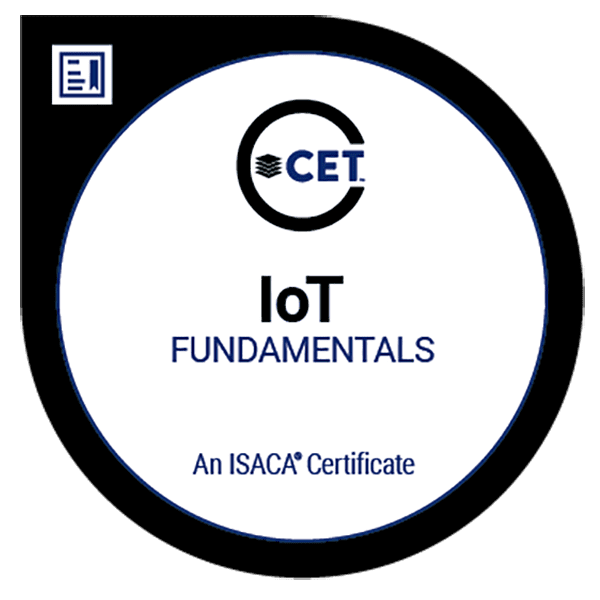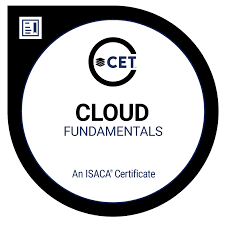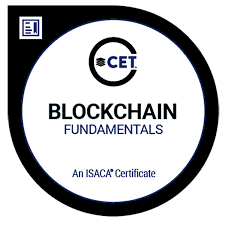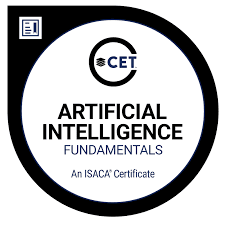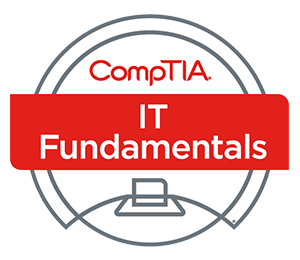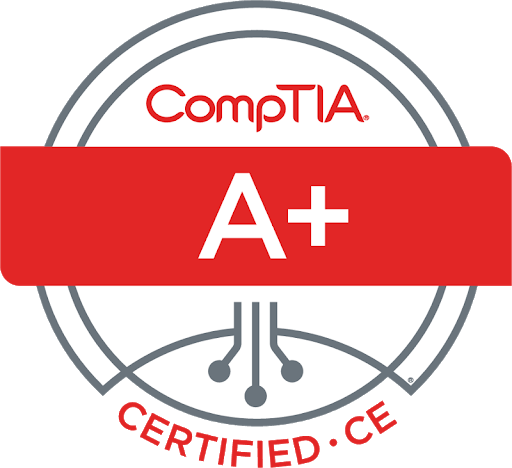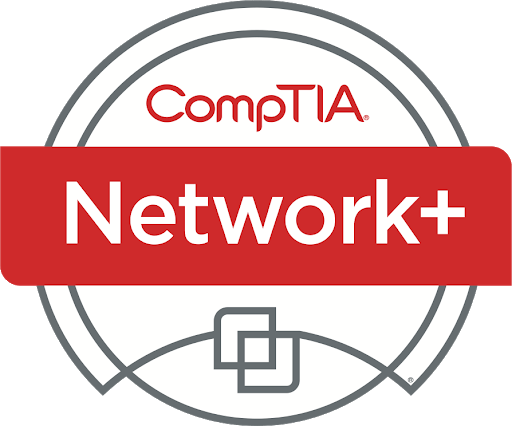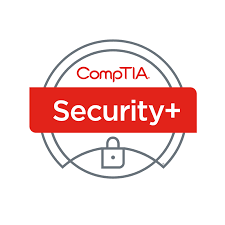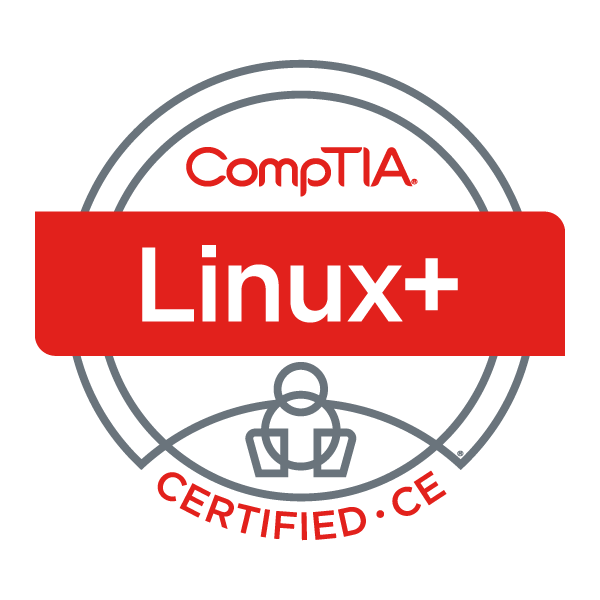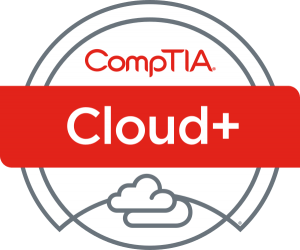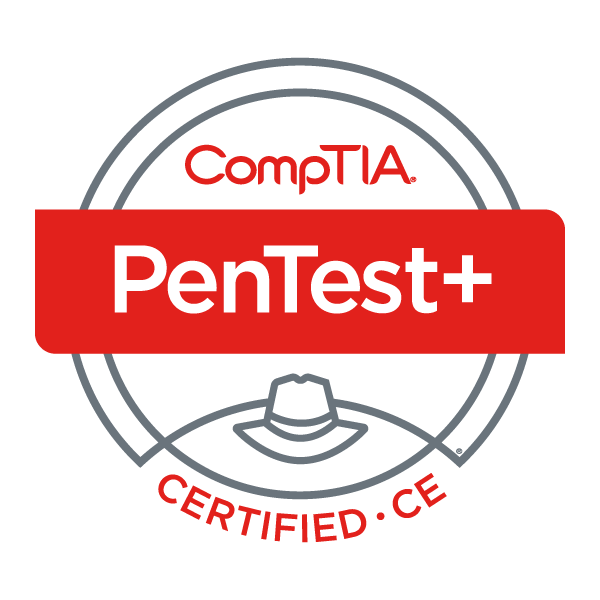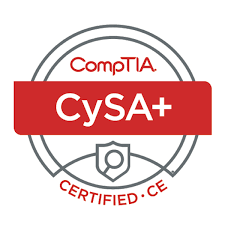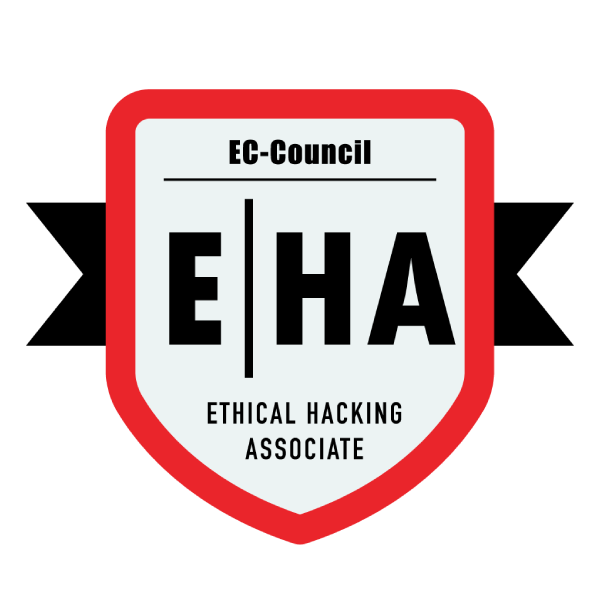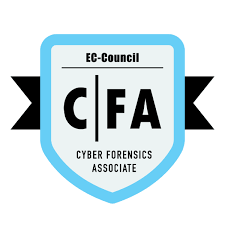Cyber Security Courses South Africa

Cyber Security Courses South Africa
October 2, 2025 2 Comments on Cyber Security Courses South AfricaCyber Security Courses South Africa
Cyber Security Training Courses in South Africa
Online Training, instructor-led live CyberSecurity training courses demonstrate through hands-on skills that focuses on establishing a foundation in Cyber Security by introducing candidates to cyber-crime, attack methods, and managing cyber risks.
Security personnel working within the spheres of information and computer security as well as prospective students that want to embark on a career within the cyber security domain
- Comptia Security+. 20 hours.
- CySA+. 40 hours.
- CEH – Certified Ethical Hacker. 80 hours.
- CFA – Certified Forensics Associate. 40 hours.
- Certified Information Systems Security Professional (CISSP).
- Microsoft Certified: Security, Compliance, and Identity Fundamentals.
- Certified Information Security Manager (CISM)®.
Frequently asked questions about the CyberSecurity Courses South Africa.
Who should attend the Cyber Security Courses South Africa?
The internet and the digital age has changed the way that organisations do business. Negatively it has also exposed companies, and their customers, to many risks. With cyber attacks now a real threat in South Africa and abroad. In turn there is a dire need to actively address online security vulnerabilities. All in all a person looking to broaden their understanding of cyber-security methodologies and best practices.
Part-Time Cyber Security Courses South Africa
Fast forward your career in the IT industry with a part-time course at School of IT. In turn Part-time courses allow working professionals to transition into a new skill set while working. Moreover at School of IT we are agile and customize a course to the individual.
Full Time
Ready to start a career in IT? Learn how to code as a full time student at School of IT. Thus beginning your career in the cyber world.
High School
Prepare for the future while you’re still in high school.
Corporate
Learn to code and up skill yourself or your company while you’re working.
Overall the Cyber Security training provides services to assist corporations to effectively manage their risks. Thus grow your organizations cyber-security knowledge by aligning in-house developed training courses with skills and tools. Including services in intelligence, analytics, threat analysis and governance.
Cyber Security Courses South Africa Objectives.
By the end of the Cyber Intelligence course, students will have usable knowledge of the following:
- Overall learn fundamental principles of cybersecurity management.
- Actively learn how to scan networks.
- All in all Learn to design a secure network typologies.
- Understand procedures for threat analysis.
- In turn troubleshoot various security systems.
- Learn basic principles of cybersecurity management.
- Understand cybersecurity culture.
- All in all evaluate risks and threats.
- Learn corporate governance, policies and the world wide web regulations.
Overall by the end of the CISSP Certification Course, Students will have knowledge in:
- Understand and Apply Security Concepts
- Evaluate and Apply Security Governance Principles
- Determine Compliance and Other Requirements
- Legal and Regulatory Issues that Pertain to Information Security in a Global Context
- Requirements for Investigation Types
- Develop, Document, and Implement Security Policy, Standards, Procedures, and Guidelines
- Identify, Analyse, and Prioritise Business Continuity (BC) Requirements
- Contribute to and Enforce Personnel Security Policies and Procedures
- Understand and Apply Risk Management Concepts
- Understand and Apply Threat Modelling Concepts and Methodologies
- Apply Supply Chain Risk Management (SCRM) Concepts
- Establish and Maintain a Security Awareness, Education, and Training Program
Overall by the end of the CASP+ Course, Students will have knowledge in:
CompTIA Advanced Security Practitioner (CASP+) Course Outline
Module 1 – Supporting IT Governance and Risk Management
- Identify the Importance of IT Governance and Risk Management
- Assess and Mitigate Risk
- Integrate Documentation into Risk Management
Module 2 – Leveraging Collaboration to Support Security
- Facilitate Collaboration Across Business Units
- Secure Communications and Collaboration Solutions
Module 3 – Using Research and Analysis to Secure the Enterprise
- Determine Industry Trends and Their Effects on the Enterprise
- Analyse Scenarios to Secure the Enterprise
Module 4 – Integrating Advanced Authentication and Authorisation Techniques
- Implement Authentication and Authorisation Technologies
- Implement Advanced Identity and Access Management
Module 5 – Implementing Cryptographic Techniques
- Select Cryptographic Techniques
- Implement Cryptography
Module 6 – Implementing Security Controls for Hosts
- Select Host Hardware and Software
- Harden Hosts
- Virtualise Servers and Desktops
- Protect Boot Loaders
Module 7 – Implementing Security Controls for Mobile Devices
- Implement Mobile Device Management
- Address Security and Privacy Concerns for Mobile Devices
Module 8 – Implementing Network Security
- Planning Deployment of Network Security Components and Devices
- Planning Deployment of Network-Enabled Devices
- Implementing Advanced Network Design and Network Security Controls
Module 9 – Implementing Security in the Systems and Software Development Lifecycle
- Implement Security throughout the Technology Lifecycle
- Identify General Application Vulnerabilities
- Identify Web Application Vulnerabilities
- Implement Application Security Controls
Module 10 – Integrating Assets in a Secure Enterprise Architecture
- Integrate Standards and Best Practices in Enterprise Security
- Select Technical Deployment Models
- Integrate Cloud-Augmented Security Services
- Secure the Design of the Enterprise Infrastructure
- Integrate Data Security in the Enterprise Architecture
- Integrate Enterprise Applications in a Secure Architecture
Module 11 – Conducting Security Assessments
- Select Security Assessment Methods
- Perform Security Assessments with Appropriate Tools
Module 12 – Responding to and Recovering from Incidents
- Prepare for Incident Response and Forensic Investigations
- Conduct Incident Response and Forensic Analysis
Certified Information Security Manager (CISM) Training Outline
Domain 1: Information Security Governance
Module 1: Introduction to Information Security Governance
- About Information Security Governance
- Reason for Security Governance
- Security Governance Activities and Results
- Risk Appetite
- Organisation Culture
Module 2: Legal, Regulatory and Contractual Requirements
- Introduction
- Requirements for Content and Retention of Business Records
Module 3: Organisational Structures, Roles and Responsibilities
- Roles and Responsibilities
- Monitoring Responsibilities
Module 4: Information Security Strategy Development
- Introduction
- Business Goals and Objectives
- Information Security Strategy Objectives
- Ensuring Objective and Business Integration
- Avoiding Common Pitfalls and Bias
- Desired State
- Elements of a Strategy
Module 5: Information Governance Frameworks and Standards
- Security Balanced Scorecard
- Architectural Approaches
- Enterprise Risk Management Framework
- Information Security Management Frameworks and Models
Module 6: Strategic Planning
- Workforce Composition and Skills
- Assurance Provisions
- Risk Assessment and Management
- Action Plan to Implement Strategy
- Information Security Program Objectives
Domain 2: Information Security Risk Management
Module 7: Emerging Risk and Threat Landscape
- Risk Identification
- Threats
- Defining a Risk Management Framework
- Emerging Threats
- Risk, Likelihood and Impact
- Risk Register
Module 8: Vulnerability and Control Deficiency Analysis
- Introduction
- Security Control Baselines
- Events Affecting Security Baselines
Module 9: Risk Assessment and Analysis
- Introduction
- Determining the Risk Management Context
- Operational Risk Management
- Risk Management Integration with IT Life Cycle Management Processes
- Risk Scenarios
- Risk Assessment Process
- Risk Assessment and Analysis Methodologies
- Other Risk Assessment Approaches
- Risk Analysis
- Risk Evaluation
- Risk Ranking
Module 10: Risk Treatment or Risk Response Options
- Risk Treatment/Risk Response Options
- Determining Risk Capacity and Acceptable Risk
- (Risk Appetite)
- Risk Response Options
- Risk Acceptance Framework
- Inherent and Residual Risk
- Impact
- Controls
- Legal and Regulatory Requirements
- Costs and Benefits
Module 11: Risk and Control Ownership
- Risk Ownership and Accountability
- Risk Owner
- Control Owner
Module 12: Risk Monitoring and Reporting
- Risk Monitoring
- Key Risk Indicators
- Reporting Changes in Risk
- Risk Communication, Awareness and Consulting
- Documentation
Domain 3: Information Security Programme Development and Management
Module 13: Information Security Program Resources
- Introduction
- Information Security Program Objectives
- Information Security Program Concepts
- Common Information Security Program Challenges
- Common Information Security Program Constraints
Module 14: Information Asset Identification and Classification
- Information Asset Identification and Valuation
- Information Asset Valuation Strategies
- Information Asset Classification
- Methods to Determine Criticality of Assets and Impact of Adverse Events
Module 15: Industry Standards and Frameworks for Information Security
- Enterprise Information Security Architectures
- Information Security Management Frameworks
- Information Security Frameworks Components
Module 16: Information Security Policies, Procedures, and Guidelines
- Policies
- Standards
- Procedures
- Guidelines
Module 17: Information Security Program Metrics
- Introduction
- Effective Security Metrics
- Security Program Metrics and Monitoring
- Metrics Tailored to Enterprise Needs
Module 18: Information Security Control Design and Selection
- Introduction
- Managing Risk Through Controls
- Controls and Countermeasures
- Control Categories
- Control Design Considerations
- Control Methods
Module 19: Security Programme Management
- Risk Management
- Risk Management Programme
- Risk Treatment
- Audit and Reviews
- Third-Party Risk Management
Module 20: Security Programme Operations
- Event Monitoring
- Vulnerability Management
- Security Engineering and Development
- Network Protection
- Endpoint Protection and Management
- Identity and Access Management
- Security Incident Management
- Security Awareness Training
- Managed Security Service Providers
- Data Security
- Cryptography
- Symmetric Key Algorithms
Module 21: IT Service Management
- Service Desk
- Incident Management
- Problem Management
- Change Management
- Configuration Management
- Release Management
- Service Levels Management
- Financial Management
- Capacity Management
- Service Continuity Management
- Availability Management
- Asset Management
Module 22: Controls
- Internal Control Objectives
- Information Systems Control Objectives
- General Computing Controls
- Control Frameworks
- Controls Development
- Control Assessment
Module 23: Metrics and Monitoring
- Types of Metrics
- Audiences
- Continuous Improvement
Domain 4: Information Security Incident Management
Module 24: Security Incident Response Overview
- Phases of Incident Response
Module 25: Incident Response Plan Development
- Objectives
- Maturity
- Resources
- Roles and Responsibilities
- Gap Analysis
- Plan Development
Module 26: Responding to Security Incidents
- Detection
- Initiation
- Evaluation
- Recovery
- Remediation
- Closure
- Post-Incident Review
Module 27: Business Continuity and Disaster Recovery Planning
- Business Continuity Planning
- Disaster
- Disaster Recovery Planning
- Testing BC and DR Planning
Importance of Cyber Security Courses South Africa
Overall the cyber security training South Africa focuses on how to identify, counter and defend hackers. Including from penetrating networks and gaining access to vital information. In turn this will allow candidates to deploy proactive countermeasure. Thus keeping up to date on cyber security matters. Not to mention legally interpreting system vulnerabilities. We recommend getting the Ethical Hacking Associate (E|HA) certification first.
Cyber Forensics Associate(C|FA)
The Cyber Forensics Associate(C|FA) certification demonstrates an individual’s knowledge on how to detect hacking attack. In turn properly extract evidences to report the crime and conduct audits to prevent future attacks. All in all Individuals who learn the principles of digital forensics can become invaluable members of incident handling and incident response teams.




